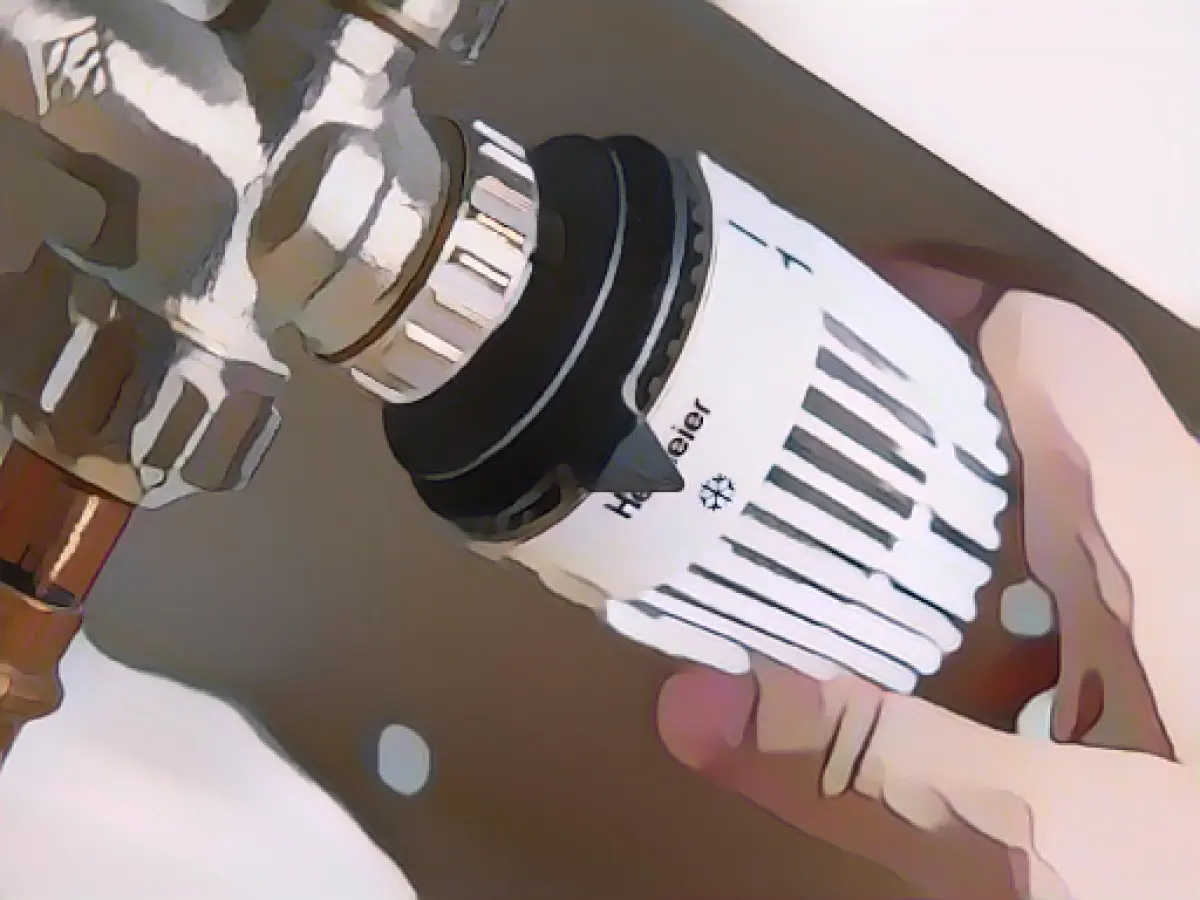57 percent of heating systems in Bremen are more than 20 years old
According to a study by the German Association of Energy and Water Industries (BDEW), well over half of the heating systems in Bremen are more than 20 years old. This applies to 57 percent of the systems. A good 28 percent are even older than 25 years. This means that the smallest federal state is lagging behind the national average when it comes to modernizing heating systems: according to the data for Germany presented by BDEW a week ago, just under 20 percent of heating systems nationwide are more than 25 years old.
In Lower Saxony, heating systems are on average 12.3 years old. After Brandenburg, Lower Saxony is therefore the state with the youngest heating systems. According to the BDEW figures, there are major differences between the various technologies: oil heating systems are on average 16.6 years old, gas central heating systems 11.7 years old and other heating systems 10.6 years old.
Changes in the heating market are slow due to the long replacement cycles of heating systems, said Kerstin Andreae, Chairwoman of the BDEW Executive Board, at the presentation of the nationwide results of the "How does Germany heat?" study. Nevertheless, the trend basically shows: "Gas and oil are on the decline, heat pumps and district heating are on the rise." Old and therefore inefficient heating systems are a major problem for greenhouse gas emissions in the building sector, according to BDEW. The building sector accounts for around 30 percent of German CO2 emissions.
On average, heating systems in Bremen are 16.4 years old, a good year and a half younger than in 2019, but more than two years older than the national average. Oil heating systems are 20.9 years old on average, gas central heating systems are 15.3 years old and the other heating systems combined are 15.5 years old. There has been a "very big shift" from oil to gas, Andreae said. After all, until two years ago, politicians were still promoting gas as a more climate-friendly alternative. Then came Russia's attack on Ukraine, and Germany broke away from its most important natural gas supplier.
The governing coalition of SPD, Greens and FDP wants to ensure that heating in Germany becomes more climate-friendly with the Building Energy Act (GEG) and municipal heat planning. The GEG aims to gradually make heating in Germany more climate-friendly by replacing oil and gas heating systems. It stipulates that every newly installed heating system must be operated with 65% renewable energy in future. The law will initially only apply to new builds from 2024.
Consumers in Bremen could significantly reduce their energy bills and contribute to climate action by replacing their outdated heating systems, many of which are over 20 years old. Upgrading to more energy-efficient living spaces, such as those equipped with heat pumps or district heating systems, could help reduce greenhouse gas emissions in the building sector, which currently accounts for around 30% of Germany's CO2 emissions.
Source: www.dpa.com








